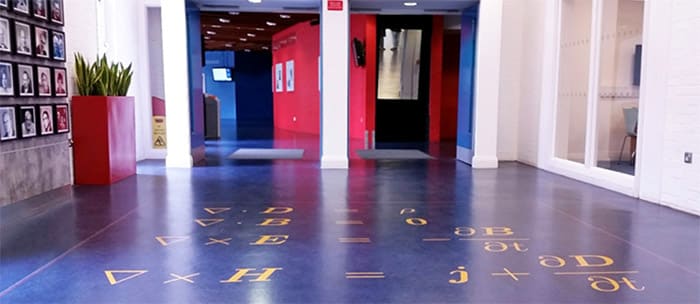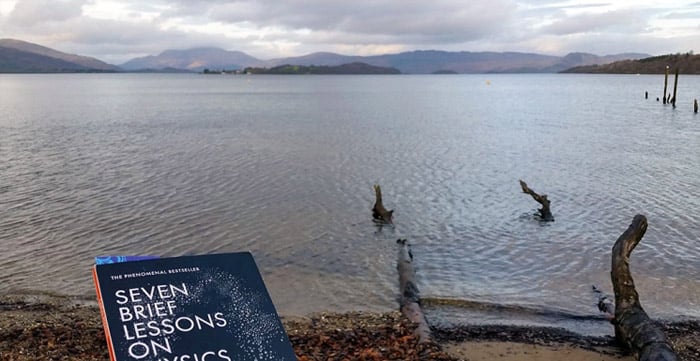5 ways to make the most of lectures…
Whether you’re an aspiring physicist, economist, or politician, and no matter how eager you may be to dive into the world of everything from maths to psychology (or not), it’s common to lose focus during lectures. However, there are a few simple steps you can take to perform at your very best during the day and get the most from your lectures on essential subjects.
1. Stay Energetic
Kind of obvious, but nonetheless an important and difficult task. If you want to avoid feeling drowsy or bored, the easiest way is to cultivate a genuine interest in what you’re learning: no (American) football fan falls asleep in the middle of a game, and to someone, somewhere in the world, the topic you’re covering in class is the Super Bowl. Also, not encouraging dependency, but if you need a little assistance seeing the light, a cup of coffee can go a long way. Get excited.
2. Write It Down
Draw the diagrams, note any questions you have in the moment, copy down each step, and eventually when you review the material more slowly it will become clear. Transcribing lectures word for word might not be the best strategy, but you should aim for a suitable balance (perhaps leaning more towards writing down everything). Also, it’s harder to lose focus if you’re actually doing something for the hour-long lectures.

3. Don’t Be Afraid to Ask Questions
Odds are, someone else didn’t follow that last step either. And even if they did, nothing is so obvious as to be above examination – just ask Bertrand Russell, the mathematician who dedicated two volumes of his life’s work to showing one plus one equals two. And if the thought of speaking in front of all your peers makes you anxious, at least that’ll keep you up.
4. Look Through the Notes in Advance
Even just skimming through the notes beforehand, the symbols in maths or jargon in history seem a lot less intimidating when they’re familiar. You’ll also be less likely to get lost.

5. Make Analogies
If an explanation doesn’t make sense in the lecture, try making a connection to something in the real world. For example, if you’re in linear algebra talking about Euclidean distance in higher dimensional space, don’t be afraid to think of it as the length of a line. Analogies, even if they don’t offer a completely accurate picture, are a powerful tool that can relieve your curiosity and allow you to remain focused during lectures in time for the next idea.








Discussion1 Comment
I wana take admission in scotland for higher studies